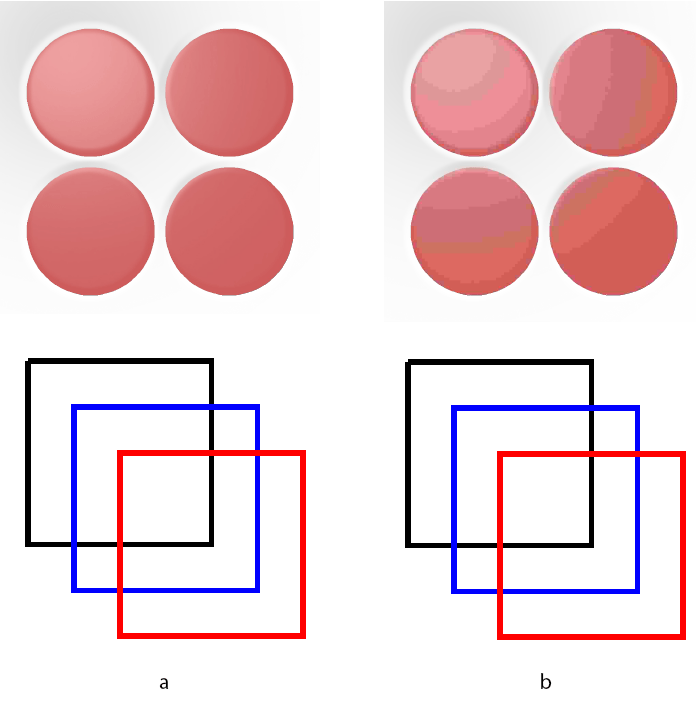Analyzing your prompt, please hold on...
An error occurred while retrieving the results. Please refresh the page and try again.
Converting SVG documents to other formats is one of the main features of Aspose.SVG for .NET API. Converting is required for various reasons: to work in a familiar, convenient format or to take advantage of different formats for specific tasks. PDF is a file format supported by all operating systems, used for presenting images, documents and books. Files in PDF can be easily viewed, printed, and shared online.
The article provides information on a list of supported SVG to PDF conversion scenarios and how to execute them. You can convert SVG to PDF and other popular formats in any way – online or programmatically.
You can check the Aspose.SVG API functionality and convert SVG in real-time. Please load SVG from the local file system, select the output format and run the example. In the example, the save options are set by default. You will immediately receive the result as a separate file.
If you want to convert SVG to PDF programmatically, please see the following C# code examples.
The static methods of the Converter class can convert SVG to PDF with a single line of code. It is the easiest way for conversion. Converting a file to another format using ConvertSVG() methods is a sequence of operations among which document loading and saving:
The following code snippet can be used to convert an SVG file to PDF format:
1using Aspose.Svg;
2using System.IO;
3using Aspose.Svg.Converters;
4using System.Drawing;
5using Aspose.Svg.Saving; 1// Convert SVG to PDF using C#
2
3// Initialize an SVG document from a file
4using (SVGDocument document = new SVGDocument(Path.Combine(DataDir, "lineto.svg")))
5{
6 // Initialize an instance of the PdfSaveOptions class
7 PdfSaveOptions saveOptions = new PdfSaveOptions();
8 saveOptions.BackgroundColor = System.Drawing.Color.Gray;
9
10 // Convert SVG to PDF
11 Converter.ConvertSVG(document, saveOptions, Path.Combine(OutputDir, "lineto_out.pdf"));
12}The
PdfSaveOptions() constructor initializes an instance of the PdfSaveOptions class that is passed to ConvertSVG() method. The
ConvertSVG() method takes the document, saveOptions, output file path and performs the conversion operation. In the example above, we add the BackgroundColor property that sets Color, which will fill the background of every page.
You can download the complete examples and data files from GitHub. You find out about downloading from GitHub and running examples from the How to Run the Examples section.
You can convert SVG to PDF using default or custom save options. PdfSaveOptions or PdfRenderingOptions usage enables you to customize the rendering process; you may specify the page size, margins, background color, file permissions, Css, etc.
| Property | Description |
|---|---|
| JpegQuality | Specifies the quality of JPEG compression for images. The default value is 95. |
| Css | Gets a CssOptions object which is used for configuration of CSS properties processing. |
| DocumentInfo | This property contains information about the output PDF document. |
| BackgroundColor | This property sets the color that will fill the background of every page. By default, this property is Transparent. |
| PageSetup | This property gets a page setup object and uses it for configuration output page-set. |
| HorizontalResolution | Sets the horizontal resolution for output images in pixels per inch. The default value is 300 dpi. |
| VerticalResolution | Sets the vertical resolution for output images in pixels per inch. The default value is 300 dpi. |
| Encryption | This property gets or sets encryption details. If it is not set, then no encryption will be performed. |
Note: The options that are implementing with the PdfSaveOptions class are inheriting from the PdfRenderingOptions class.
Consider SVG to PDF conversion scenario using RenderTo() method:
The following code snippet can be used to convert an SVG file to PDF format:
1using Aspose.Svg;
2using System.IO;
3using Aspose.Svg.Drawing;
4using Aspose.Svg.Rendering;
5using Aspose.Svg.Rendering.Pdf; 1// Convert SVG to PDF in C# with custom page settings
2
3// Initialize an SVG document from a file
4using (SVGDocument document = new SVGDocument(Path.Combine(DataDir, "light.svg")))
5{
6 // Initialize an instance of the PdfRenderingOptions class and set custom PageSetup and JpegQuality properties
7 PdfRenderingOptions pdfOptions = new PdfRenderingOptions();
8 pdfOptions.PageSetup.AnyPage = new Page(new Drawing.Size(500, 500), new Margin(10, 10, 10, 10));
9 pdfOptions.JpegQuality = 10;
10
11 // Initialize an instance of the PdfDevice class
12 using (IDevice device = new PdfDevice(pdfOptions, Path.Combine(OutputDir, "light_out.pdf")))
13 {
14 // Render SVG to PDF, send the document to the rendering device
15 document.RenderTo(device);
16 }
17}The
PdfRenderingOptions() constructor initializes a new object of the
PdfRenderingOptions class that is passed as an argument to the
PdfDevice(options, file) constructor. The last initializes a new instance of the
PdfDevice class by rendering options and output file name. The
RenderTo(device) method converts SVG to PDF and sends the current document to the output rendering device.
The JpegQuality specifies the quality of JPEG compression for images. The default is 95. In the example above, the used JpegQuality value is 10. The figure illustrates conversion SVG to PDF for two files
light.svg and
lineto.svg: a) The JpegQuality value is default; b) The JpegQuality value is 10.

You can convert SVG to PDF with our free online SVG to PDF Converter that works with high quality, easy and fast. Just upload, convert your files and get results in a few seconds!
Analyzing your prompt, please hold on...
An error occurred while retrieving the results. Please refresh the page and try again.